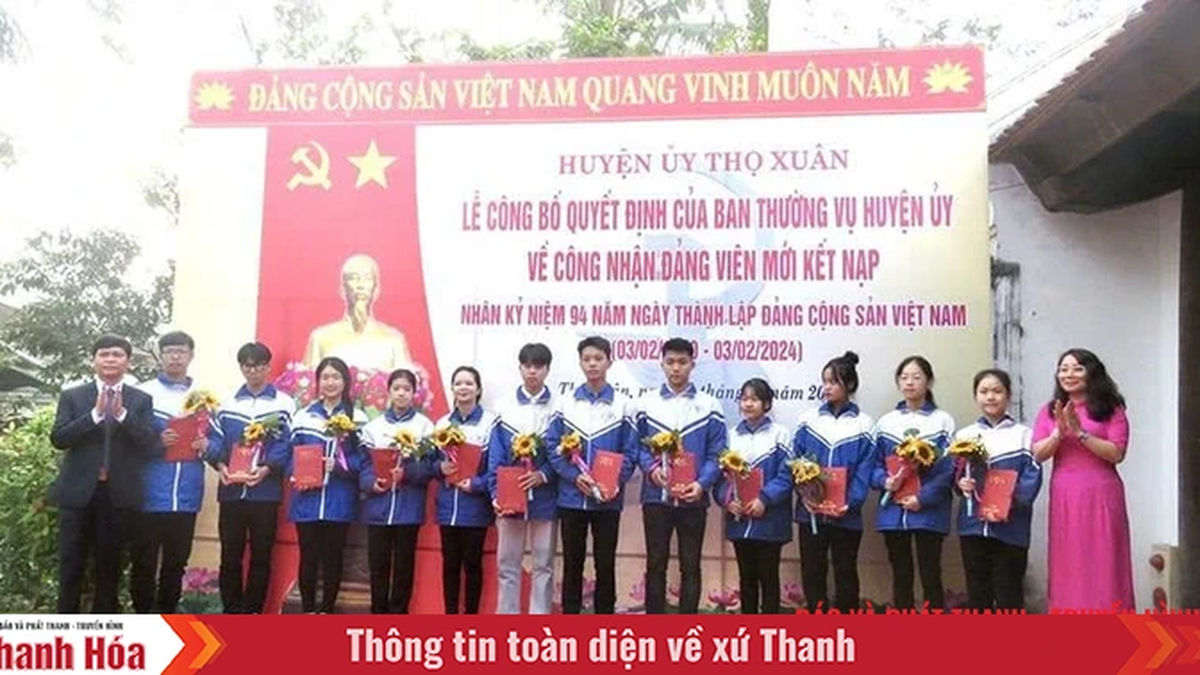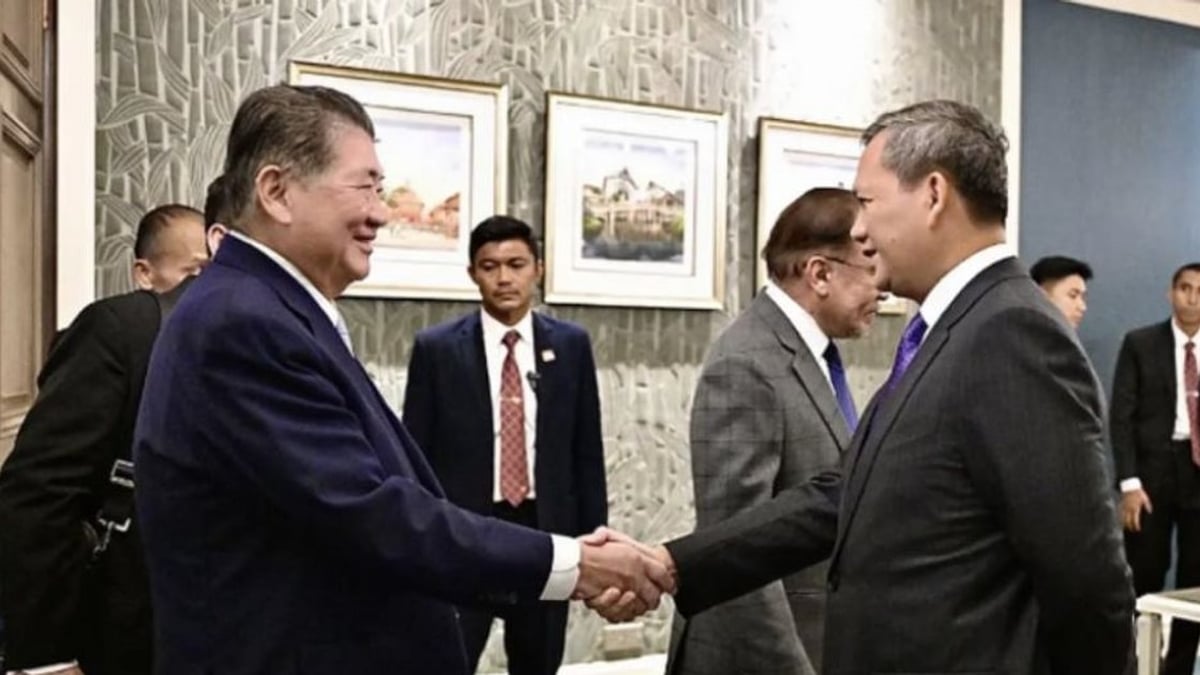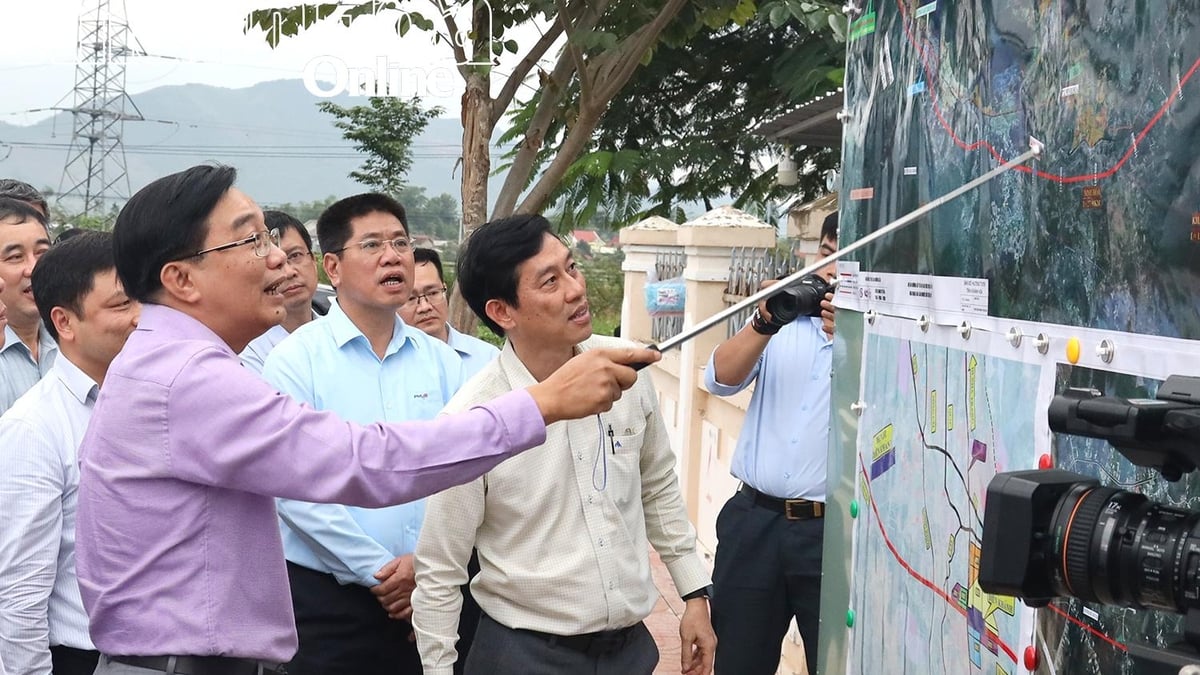Huawei is the major player behind three manufacturing plants in Shenzhen’s Guanlan district, according to sources familiar with the matter. Satellite images obtained by the Financial Times show that the Guanlan factories, which feature a distinctive style, have expanded rapidly since construction began in 2022.
The factories represent Huawei's ambition to become a leader in semiconductors, bolstering China's efforts in emerging technology areas such as AI.

Dylan Patel, founder of chip consultancy SemiAnalysis, said Huawei has put an unprecedented effort into developing every part of its domestic AI supply chain, from wafer fabrication equipment to model development. “We’ve never seen a company like this before,” said Dylan Patel, founder of chip consultancy SemiAnalysis.
Huawei already operates one of the factories, which produces 7nm chips and Ascend AI processors, the sources said. The two factories, completed last year, are run by chip equipment maker SiCarrier and memory chip maker SwaySure. While Huawei denies any involvement with the two startups, industry insiders say the company helps raise capital and shares human resources and technology. Once they reach a certain stage of development, they will be cut off from Huawei.
SiCarrier was spun out of a Huawei lab and registered as a business in 2021. Before March, it had remained quiet until announcing about 30 tools, including etching, testing, deposition equipment, etc. at the SemiCon Shanghai conference.
The factories also received financial support from the Shenzhen government, according to the source.

Huawei is involved in technology development projects to replace Nvidia (US), machine maker ASML (Netherlands), memory chip maker SK Hynix (South Korea) and chip foundry TSMC.
Huawei’s efforts accelerated after Washington imposed sanctions in 2019 that blocked the company from accessing vital foreign technology. One executive said he thought the company was “done” after being pursued by the US, but instead, its ambitions only grew stronger and its achievements were truly extraordinary.
The three factories are close to the foundries of Pengxinwei (PXW) and Shenzhen Pensun (PST), two companies that the US has accused of being linked to Huawei. Huawei also has investments in manufacturing plants in Shanghai, Ningbo and Qingdao, the sources said.
Still, industry insiders are skeptical about Huawei’s ability to realize its ambitions, given its lack of semiconductor manufacturing experience compared to domestic and foreign rivals. Some Chinese companies have spent decades trying to do the same thing, but are still far behind ASML and TSMC.
According to the Financial Times, Huawei wants to produce its own chips because it is dissatisfied with the low output of its partner SMIC. Partners and rivals, such as SMIC and Shanghai Micro Electronics Equipment, have provided important technical expertise to Huawei's projects because of the company's political influence.
Huawei denied any involvement with SwaySure, UEA, PXW, and PST. The company also said it was “inaccurate” to associate all of its semiconductor operations in Shenzhen with the company.
The US government has targeted Huawei's networks. In December 2024, Washington added SiCarrier and SwaySure to its entity list, banning US companies from selling technology to them. The US accused the two companies of supporting Huawei's efforts to develop advanced chip technology to modernize its military .
(According to Financial Times)

Source: https://vietnamnet.vn/anh-ve-tinh-tiet-lo-nha-may-chip-hien-dai-cua-huawei-2397706.html






























![[Photo] National Assembly Chairman attends the seminar "Building and operating an international financial center and recommendations for Vietnam"](https://vphoto.vietnam.vn/thumb/1200x675/vietnam/resource/IMAGE/2025/7/28/76393436936e457db31ec84433289f72)





































































Comment (0)